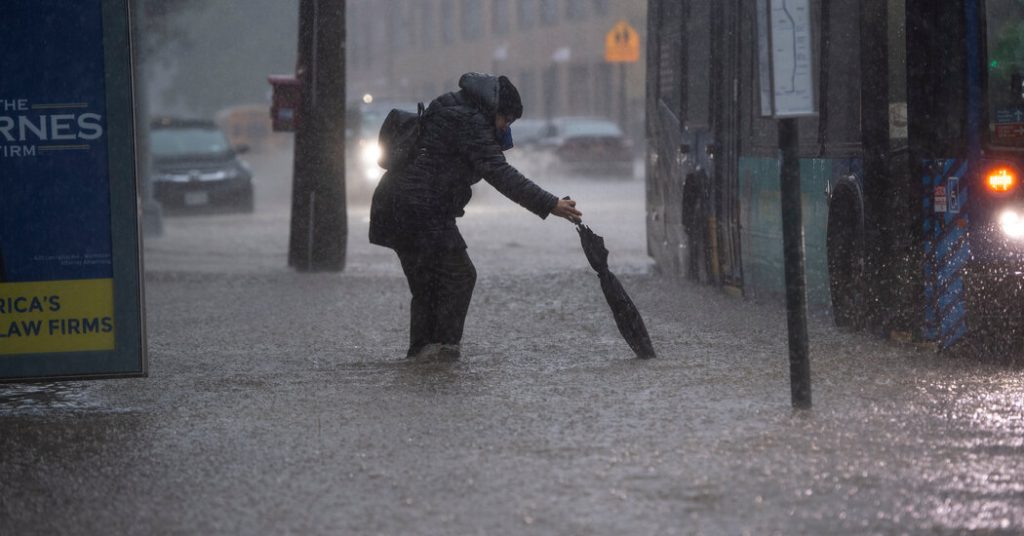Mayor Eric Adams in New York City has proposed a solution to the issue of funding city services with limited funds and rising costs by resurrecting a funding mechanism that has been labeled a hidden tax on New Yorkers. The city plans to charge its Water Board over $1.4 billion in rent over four years to lease its water and sewer systems. This proposal includes an 8.5% rate increase for homeowners and landlords, the highest in 14 years, to cover a portion of the rent charges. Some funds for the remaining rent charges may come from those earmarked for capital upgrades, potentially putting the city at risk for critical infrastructure breakdowns.
This funding approach, used by New York City for years, was discarded in 2017 but has now resurfaced under Mayor Adams. Critics like Councilman James Gennaro have described it as a “hidden tax” on New Yorkers, as it extracts money without raising property or sales taxes. Despite this, the mayor maintains that there have been no tax increases in his budget, emphasizing the city’s efforts to provide affordable rates for low-income and senior residents while making critical infrastructure upgrades.
Experts have flagged water payments as a regressive tax since they are assessed regardless of income, with landlords passing down the costs to renters through rent hikes. The proposed rate increase would amount to an additional $93 annually for homeowners. Low-income New Yorkers pay a larger share of their income on water costs than wealthier residents, impacting their ability to afford basic necessities due to the increase in living expenses.
City and state officials created the Water Board in the mid-1980s to establish a reliable revenue source for water and sewer systems. Initially used to pay off outstanding debt, the rental payments to the Water Board have been reinstated despite most of the debt being retired, according to Councilman Gennaro. The Department of Environmental Protection’s focus on climate change resilience presents a dichotomy with the decision to reinstitute rental payments, particularly as New York City prepares for an expected increase in climate-related disasters.
The timing of the proposed rental charges raises concern, as New York City is anticipated to face a particularly severe hurricane season and increased climate-related challenges in the coming years. The city comptroller’s report highlighting flood preparedness inadequacies in April further underscores the importance of investing in resilient infrastructure. Borough President Donovan Richards, who experienced the devastating loss of 11 lives in flash floods in Queens, emphasizes the urgent need for infrastructure improvements and preparedness measures to mitigate future disasters in the city.
Despite Mayor Adams’s focus on integrating climate considerations into budget decisions, the decision to reintroduce water board rental payments raises questions about the city’s commitment to addressing climate change. As New York City faces the looming threats of more dangerous storms, heat waves, and flooding, ensuring robust funding for critical infrastructure upgrades and disaster preparedness will be essential. It remains to be seen how the city will navigate the balancing act of funding essential services while prioritizing climate resilience in the face of limited resources.


